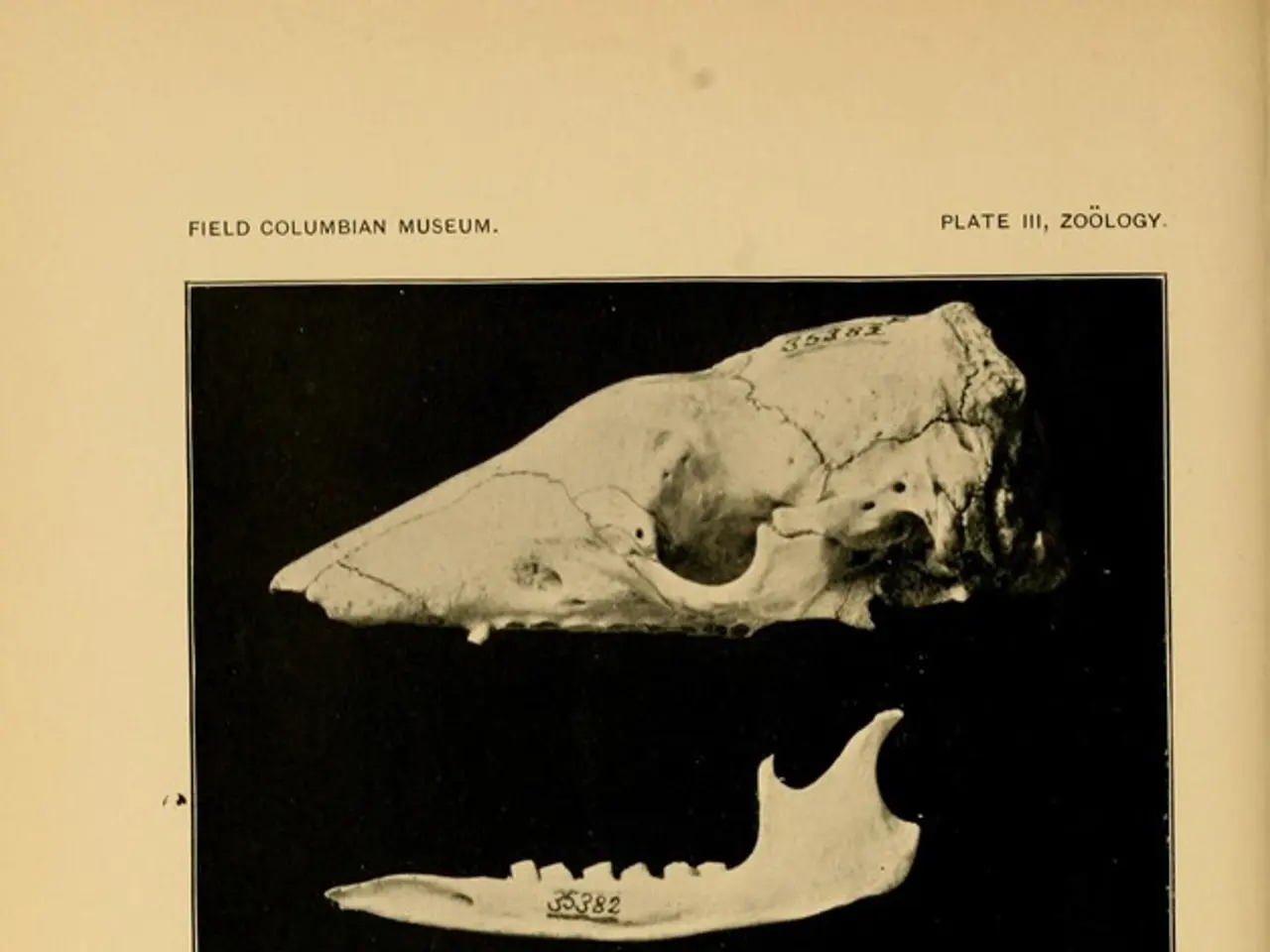Understanding Muscle Function Loss: Causes, Symptoms, and Treatment Options
Muscle function loss, ranging from partial to complete paralysis, can stem from a variety of conditions and injuries. This article explores causes, symptoms, and treatment options for this debilitating issue.
Muscle function loss can occur due to nervous system conditions like Bell's palsy, ALS, botulism, neuropathy, polio, stroke, and cerebral palsy. It can also result from diseases that directly affect the muscular system, such as muscular dystrophy and dermatomyositis. Severe injuries, drug overdose, coma, and even side effects of medications or long-term drug use can also cause this loss of function.
Symptoms vary, with partial loss being a main symptom of stroke. Complete paralysis involves the inability to contract muscles normally, affecting both voluntary and involuntary muscles. Treatment options are diverse, including physical therapy, occupational therapy, medications, surgery, and functional electrical stimulation. Diseases causing paralysis include polyneuropathy (linked to diabetes, alcohol abuse, autoimmune diseases, infections, and vitamin deficiencies), ALS, polio, multiple sclerosis, and infantile cerebral palsy. Severe spinal cord injuries can also lead to total muscle function loss.
Understanding the causes and symptoms of muscle function loss is crucial for timely intervention. Treatment options, though varied, offer hope for managing this condition and improving quality of life.






